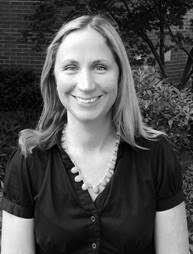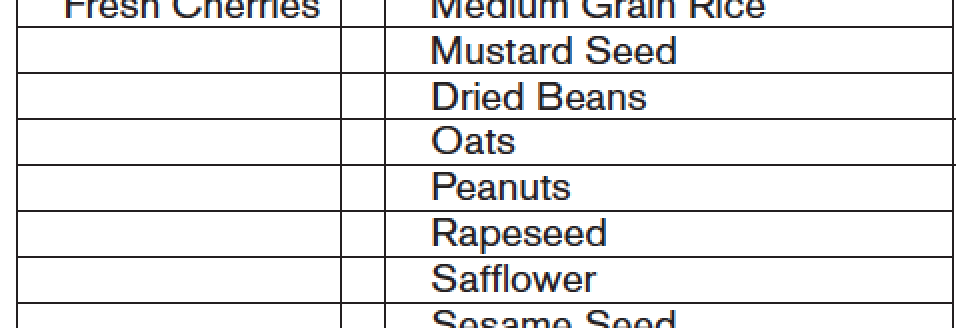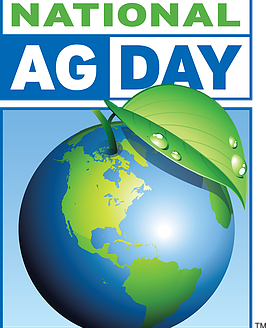Since its creation, the Oklahoma Department of Environmental Quality’s Brownfields Program has worked with local governments, Tribes, nonprofits and private entities to provide education and support for the cleanup, sustainable reuse, and redevelopment of Brownfield properties—which are former industrial or commercial sites where future use is affected by real or perceived environmental contamination.
When helping Brownfield communities to reinvest in themselves, new opportunities arise for those communities to grow and evolve. Cleaning up buildings with environmental hazards such as asbestos and lead based paint result in countless benefits for the surrounding community, including: a rise in local tax base and job opportunities, improvements in public and environmental health and preservation of historic structures.
As part of DEQ’s Land Protection Division, the Brownfields Program contains different programs and grants for communities to apply for based on their needs and situation. Targeted Brownfields Assessments provide free environmental assessments and sampling for those interested in developing abandoned or underused properties. The Revolving Loan Fund Program and Site Cleanup Assistance Programs provide environmental cleanup assistance for eligible entities in the form of low-interest loans and subgrants. Small Technical Assistance Grants provide assistance to municipalities in the form of reports, asset inventories, flyers or other resources to further spark economic development.
A recent project DEQ’s Brownfields tackled was the former First Presbyterian Church in Okemah, Oklahoma. The city of Okemah wanted to save this historic building and repurpose it to serve their community—turning it into a Community Media Center. To resolve any hazardous or environmental concerns, DEQ assisted the city by performing a Phase II TBA to look for lead-based paint and asbestos. Such contaminants were found and DEQ’s SCAP program completed the abatement in May 2021. The renovation is now underway to better serve this community.
Along with Brownfields, the Land Protection Division offers even more programs and grants that tackle waste management and recycling, assistance for public schools, and emergency planning. Within waste management and recycling are a variety of grants designed for specific needs—anything from funding for a part-time Environmental Officer to equipment and projects to reduce solid waste and encourage sustainability.
For public schools, there are programs for the disposal of unused and/or dangerous chemicals and for the remediation of lead impacted drinking water. In terms of emergency planning, there is a Local Emergency Planning Committee Equipment Reimbursement Program available for those in need of protective equipment and training to LEPCs.
Every asset in the Land Protection Division and the Brownfields program work toward the same goal: to develop, improve and cultivate an already proven and results-orientated program, while addressing new issues, forming new partnerships, expanding outreach and education initiatives to assist in the revitalization of communities statewide. DEQ as whole works to help all communities across Oklahoma, no matter the size, strive onward for a better future.
To learn more about DEQ’s Land Protection Division: https://www.deq.ok.gov/land-protection-division/land-protection-division-funding-opportunities.
—Aron Samwel, environmental programs manager, Brownfields Section, Oklahoma Department of Environmental Quality, can be reached by phone at 405-702-5123 or email at [email protected].




